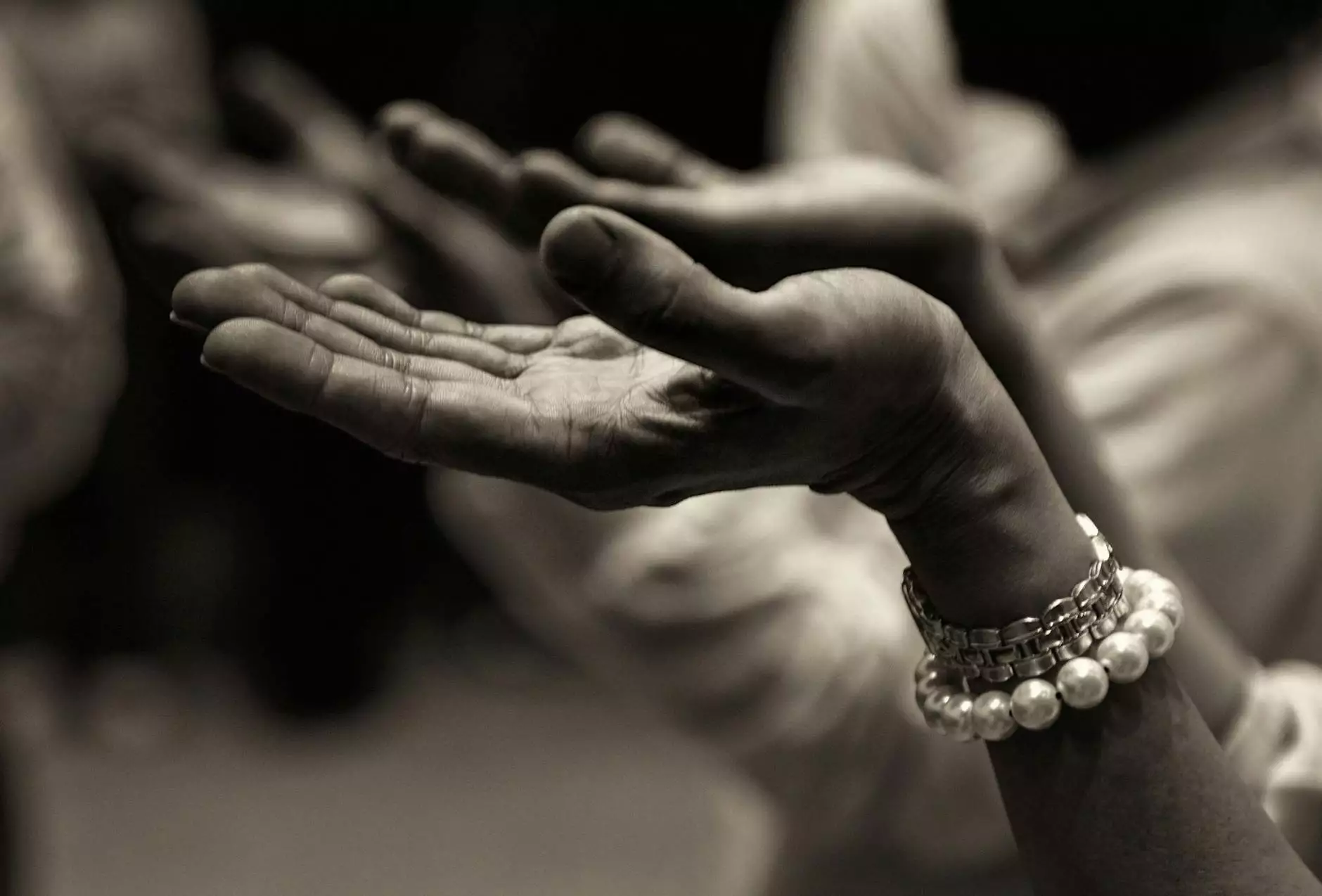The Transformative Role of Religious Organizations in Modern Communities

In the hustle and bustle of contemporary life, where distractions are plentiful, the need for community, spirituality, and cultural identity has never been more significant. Religious organizations such as synagogues, churches, and other spiritual hubs are stepping up to the plate, providing a sanctuary for individuals and families alike. One exemplary entity in this realm is Zion NYC, a beacon of hope and community engagement. This article delves into the multifaceted roles that such organizations play in today’s world.
The Essence of Community in Religious Organizations
At the core of many religious organizations is the idea of community. These spaces serve as gathering points for people with similar beliefs, values, and traditions. The sense of belonging fostered within synagogues or churches is not just beneficial; it is essential. According to recent studies, individuals who actively participate in community organizations report higher levels of happiness and life satisfaction.
- Social Connections: These organizations create strong interpersonal connections through various activities, such as worship, study groups, and communal meals.
- Support Networks: Members provide emotional, spiritual, and sometimes financial support during difficult times.
- Shared Experiences: Celebrations, such as festivals, bar mitzvahs, weddings, and other life milestones reinforce community bonds.
Spiritual Growth and Development
Beyond social interaction, religious organizations also offer substantial paths for spiritual growth. At Zion NYC, for instance, members can engage in a variety of programs aimed at deepening their understanding of faith. This holistic approach to spiritual education includes:
- Educational Workshops: Classes that cover religious texts, cultural history, and ethical practices.
- Prayer Services: Regular gatherings that encourage open dialogue and individual reflection.
- Retreats and Spiritual Events: Opportunities for deeper immersion into one’s spirituality through focused retreats.
These initiatives allow individuals to explore and express their faith in a supportive environment, contributing to their personal development and spiritual maturity.
Fostering a Sense of Belonging and Identity
The importance of identity in religious organizations cannot be overstated. For many, synagogues and churches are more than just places of worship; they are foundations of cultural identity. The teachings, traditions, and community practices help reinforce the values and beliefs that members hold dear. This is particularly relevant for families navigating the complexities of cultural assimilation while trying to maintain their heritage. Zion NYC actively embraces this challenge by:
- Offering Cultural Programs: By organizing events that celebrate cultural heritage and traditions, these organizations help keep ancestral values alive.
- Engagement with Younger Generations: Programs targeted at youth help integrate modern values with traditional practices, fostering pride in one’s identity.
- Community Advocacy: Many religious organizations take active stances on social issues, representing the collective voice of their communities in broader societal conversations.
The Role of Religious Organizations in Social Justice
Religious organizations, particularly synagogues, have historically played a crucial role in social justice initiatives. Organizations like Zion NYC are at the forefront of advocating for equality, justice, and humanitarian efforts. Through various outreach programs and partnerships, these communities contribute positively to society by:
- Promoting Inclusivity: Encouraging acceptance and understanding among diverse groups.
- Organizing Charitable Events: Fundraising and volunteering efforts aimed at helping those in need.
- Facilitating Community Dialogues: Hosting discussions that allow for open communication about pressing social issues.
Building Resilience through Prayer and Faith
With the stresses of modern life, many individuals turn to religious organizations for resilience and support. Engaging in communal prayer and meditation can vastly improve mental health and emotional well-being. At Zion NYC, the power of prayer is harnessed not only for personal peace but also for collective strength. Key aspects include:
- Structured Prayer Services: Allowing individuals to come together and express their faith during challenging times.
- Mindfulness Practices: Incorporating spiritual meditation techniques that can lead to greater emotional clarity and resilience.
- Crisis Support Groups: Providing platforms for members to share their experiences and support one another.
Encouraging Volunteering and Philanthropy
Religious organizations are also instrumental in promoting volunteerism within their communities. A culture of giving back is nurtured through various initiatives, often bringing members closer together and emphasizing the significance of altruism. Zion NYC, like many others, actively encourages its congregants to engage in charitable activities, including:
- Food Drives and Donations: Organizing events that allow helping those in need within the local community.
- Mental Health Awareness Programs: Addressing the growing need for mental health support and resources.
- Environmental Stewardship Initiatives: Encouraging members to participate in sustainable practices and community cleanup days.
Technological Embrace for Modern Engagement
As technology evolves, so too do the methods through which religious organizations connect with their members. The digital age has opened up avenues for outreach, communication, and engagement that were previously unimaginable. Websites such as Zion NYC facilitate access to online tools and resources, including:
- Live Streaming Services: Making worship accessible to those unable to attend in person.
- Virtual Community Building: Utilizing social media and online forums to engage congregants and foster discussions.
- Digital Educational Resources: Providing access to webinars, podcasts, and instructional videos that promote learning.
Conclusion: The Future of Religious Organizations
In conclusion, the roles of synagogues, religious organizations, and churches have evolved in extraordinary ways. They remain fundamental in fostering community, spiritual growth, and social justice. As institutions face the challenges of modernity, innovative solutions like those offered by Zion NYC showcase what it means to be adaptable, relevant, and profoundly impactful. Through the collective efforts of its members, these organizations will continue to shape not just their communities, but also the wider world, promoting values of acceptance, love, and resilience for generations to come.
https://zion.nyc/


